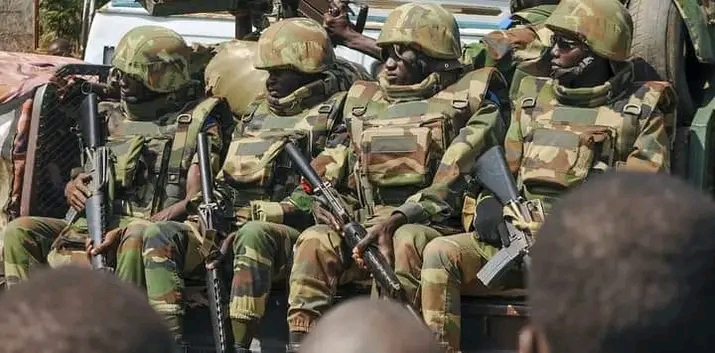By Ollus Ndomu
In a region marred by instability and political upheaval, the military leaders of Burkina Faso, Mali, and Niger have taken a significant step towards bolstering their collective security.
This move comes at a time when these West African nations have faced internal crises, including coups and civil unrest, since 2020.
The newly established Alliance of Sahel States, comprising Burkina Faso, Mali, and Niger, aims to strengthen regional security cooperation and combat terrorism and organized crime in their shared territory.
However, this development has raised concerns about its potential impact on the unity of the Economic Community of West African States (ECOWAS).
The Alliance of Sahel States, as outlined in their mutual defense pact, commits the three nations to support each other in times of crisis and work together to combat the threats of terrorism and organized crime.
This move is a response to the ongoing challenges faced by these nations, including insurgencies by extremist groups such as Boko Haram and Al-Qaeda in the Islamic Maghreb (AQIM).
While the formation of this alliance is intended to enhance security in the Sahel region, it also raises questions about its potential implications for ECOWAS, a regional bloc consisting of 15 West African countries.
ECOWAS has historically been a cornerstone of regional cooperation, promoting economic integration, political stability, and peace. However, the emergence of the Alliance of Sahel States could potentially lead to divisions within ECOWAS.
One key concern is whether the alliance might undermine ECOWAS’s ability to address regional conflicts collectively. The Sahel region is already grappling with complex security challenges, and if a subset of ECOWAS countries forms a separate security arrangement, it could weaken the unity of the broader regional bloc.
ECOWAS has been instrumental in mediating and resolving conflicts in West Africa, and any fragmentation within the organization could hinder its effectiveness.
Moreover, the Alliance of Sahel States may also prompt other ECOWAS members to consider forming their own alliances or security pacts, potentially leading to a patchwork of regional agreements that could further complicate the already intricate landscape of West African politics.
It is essential to note that while the alliance is driven by a shared interest in countering terrorism and organized crime, its long-term impact on regional stability and cooperation remains uncertain. The success of the Alliance of Sahel States will depend on effective coordination, adherence to democratic principles, and its ability to cooperate with other regional bodies like ECOWAS.
As the international community observes the development of this new alliance, attention will also be on ECOWAS and its ability to adapt to these changing dynamics. The regional bloc faces the challenging task of maintaining its unity and effectiveness in addressing the diverse and evolving challenges faced by West African nations.
In the coming months and years, the fate of the Alliance of Sahel States and its impact on ECOWAS will become clearer, shaping the future of security and cooperation in the West African region.


